Awards Season has started, so has our screening of films that could get nominated for a trophy. Look for news, interviews and reviews here.
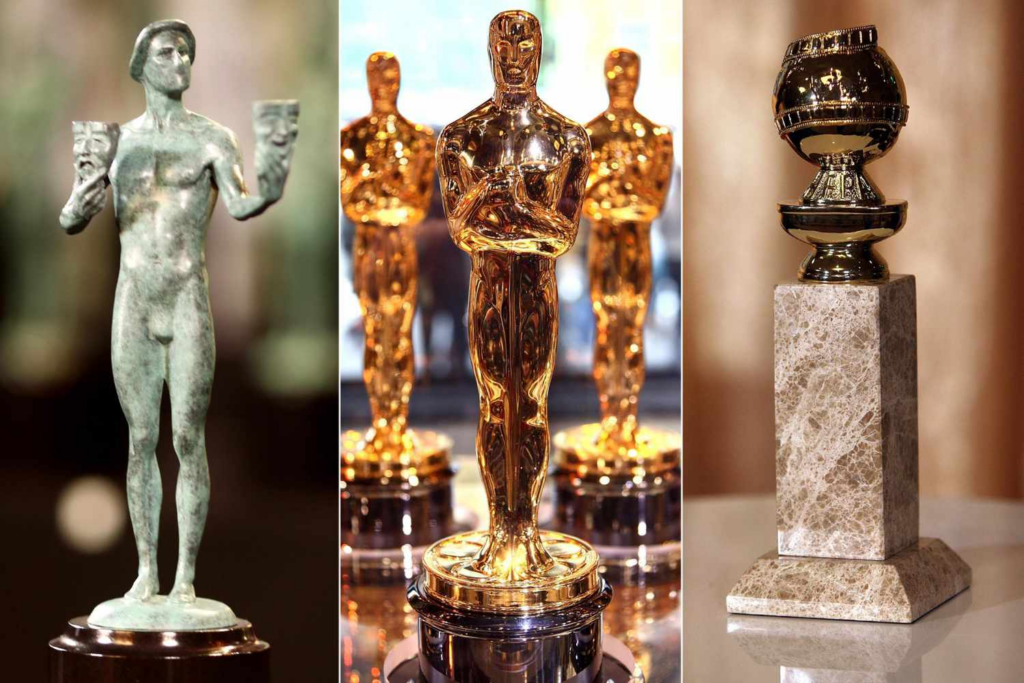
Cinema and film reviews, news and interviews covering the smallest indie films to big Hollywood productions. Check it out here
Awards Season has started, so has our screening of films that could get nominated for a trophy. Look for news, interviews and reviews here.

Mira Shaib’s Arze has been chosen as Lebanon’s entry for the Academy Award for Best International Film. The story of a single mother keeping her family above water with a home pastry business. Ambition can be a bad counselor. After buying a scooter for business expansion, Arze finds herself on a quest through Beirut trying to recover the stolen minibike.

Screened at the 2024 Tribeca Film Festival, Arze delves into a dysfunctional world where tribalism rules. Mira tackles the subject with an underdone urgency.

The Berlinale is a few months away, however the press tour has already started. New head Tricia Tuttle held a meet and greet for local press discussing the plans for making the city’s biggest cinema event more relevant. The American born said “she wanted to bring back enthusiasm to the Berlinale.” Was this a polite snub to previous heads Carlo Chatrian and Dieter Kosslick? It has been no secret Berlin has lost its luster over the years with filmmakers and other professionals. Europe’s third biggest film festival fell far behind Cannes and Venice. The American gatherings, Sundance and SXSW aim for youth over politics.

Tricia has her hands full, the first female while being fourth head in six years. A newbie in a city with many cultural and structural differences. Former East, former West attitudes make a peculiar tasting soup when combined in a pot. Chatrian got pushed out by backroom forces. The former London Film Festival head took over after many disagreements over the direction of festival. Where does the Berlinale stand in the circuit? Commercial? Politics? Mainstream? European Arthouse? Tuttle wants to attract younger audiences with a new social media plan along with cheaper tickets for students. That plan looks good on paper; however, a film festival is about films. A Deadpool or Dune sequel would get the under 30 crowd attention, not typical Berlinale Palace fare.
Festivals are not just gatherings, but places to discuss cinema. The organisation’s press room is more a sterile inoculation clinic than a conversational space. The 300 or so titles running in the different sections are not fully curated forcing attendees to ask each other for recommendations. Sadly, as Potsdamer Platz no longer functions as a central point, chit chatting is difficult. One film unrolls in Friedrichshain, then seven km to Charlottenburg for another, shoes, patients and luck will be needed. Hopefully, the Berlinale will find a new physical center. And sadly, there are still no midnight screenings.
Good Luck Ms. Tuttle. Restoring a reputation is hard work.
Will we attend the 75th Berlinale February 3rd after the 2018 banning? We will apply and see.
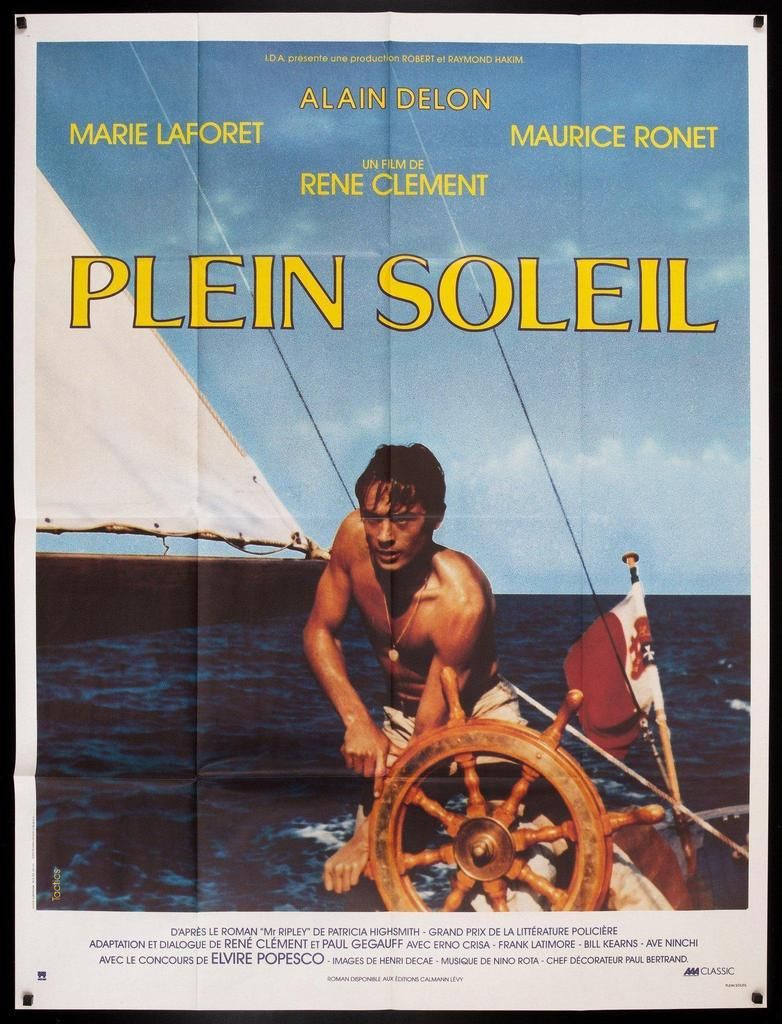
Alain Delon, the French Cinematic Star passes away at 88. Delon was known for his intense smouldering good looks and big screen presence. Le Samouraï happens to be a film noir favourite.
Born in Sceaux, France in 1935, Delon became an international star in the 1960’s working with directors including Rene Clement, Luchino Visconti and Louis Malle.
Alain Delon was more than handsome, but also had charisma and talent.
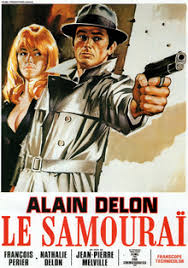

The 20th annual HollyShorts film festival is underway. Check here for coverage with reviews and interviews with filmmakers from the Hollywood gathering.
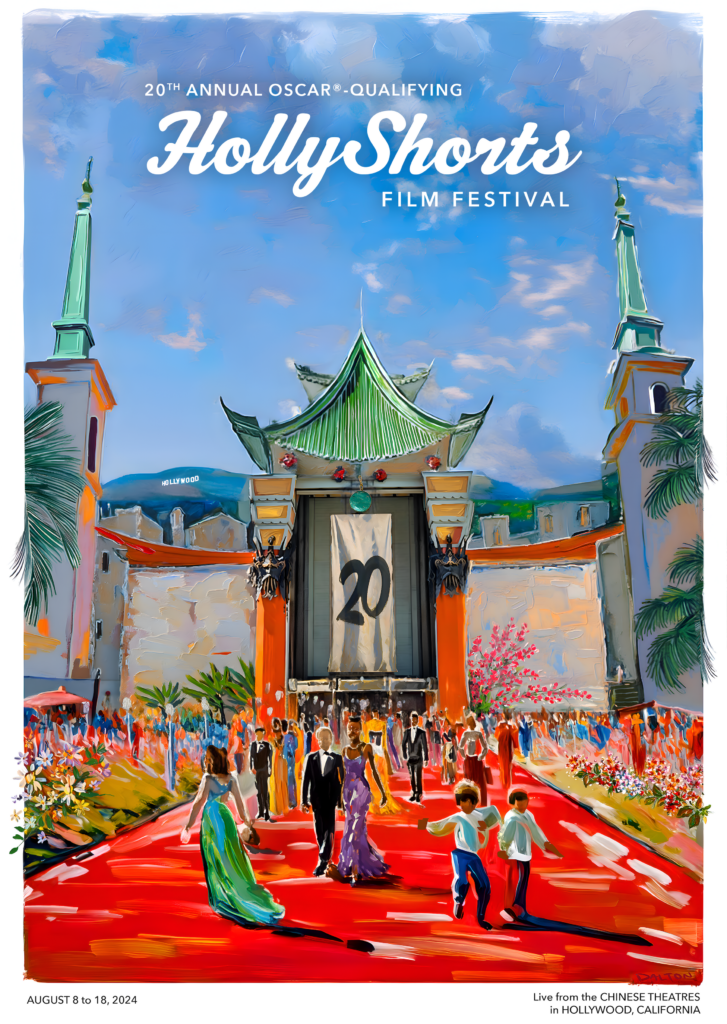
Please go to our YouTube Channel for Chat Cinema Podcasts with other filmmakers.
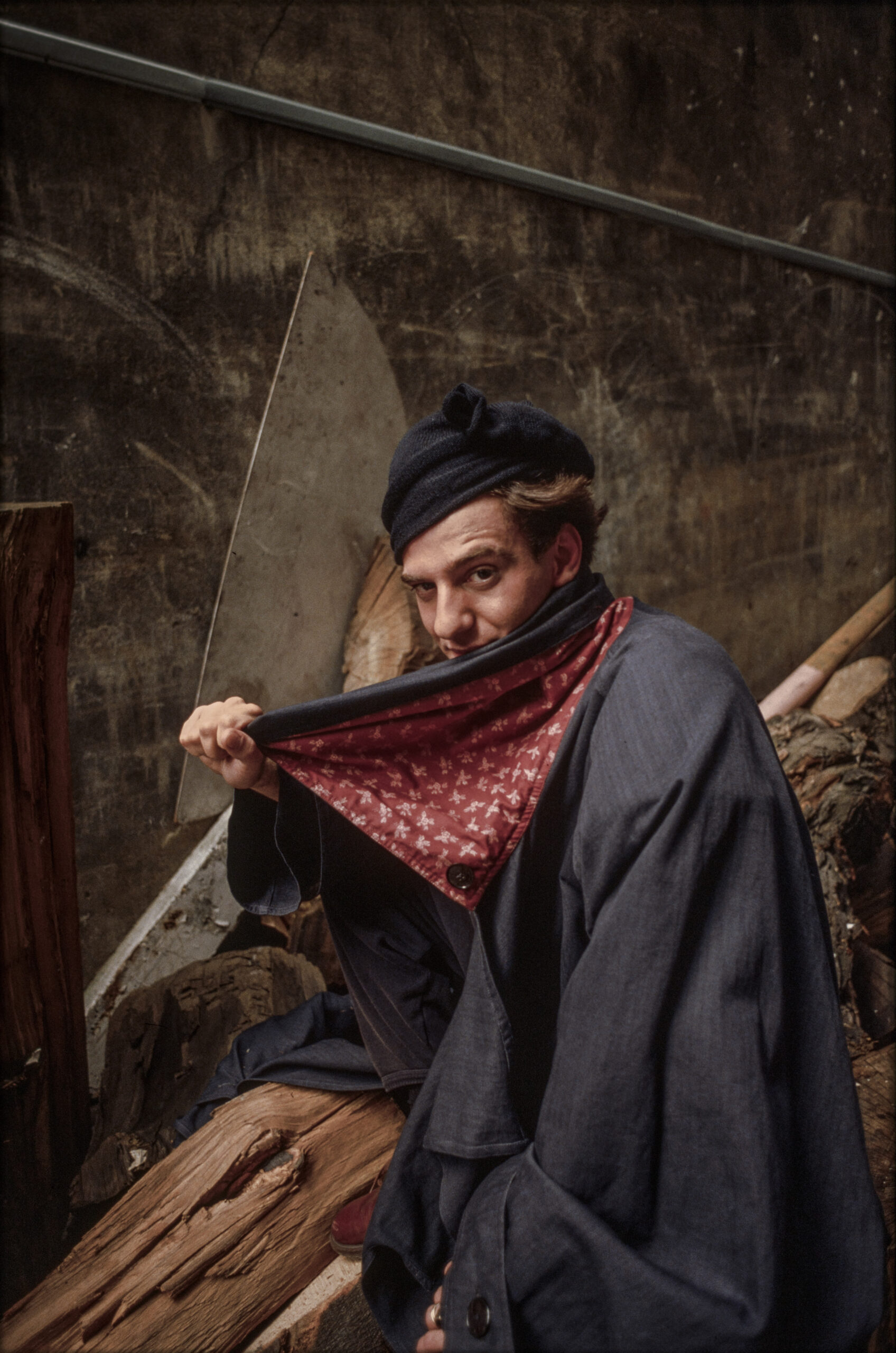
A snippet from the Before Tacky podcast with filmmaker Kevin Macdonald about fashion designer John Galliano. Rumours have hit the fashion gossip circuit the once former creative head of Dior is set for a return to the famed house. Click below to understand why we think this story feels a bit false.

I placed Elem Klimov’s 1985 anti-war work Come and See on my watch list years ago. The film’s title comes from the Book of Revelation, “I heard the Beast say Come and See”.
When the restored print was released in 2020, there was universal acclaim for the 142-minute film. At times shocking, numbing, unforgettable, the director writer consciously acknowledges Aleksei Rodionov’s realistic camera work with startling character portrait compositions.
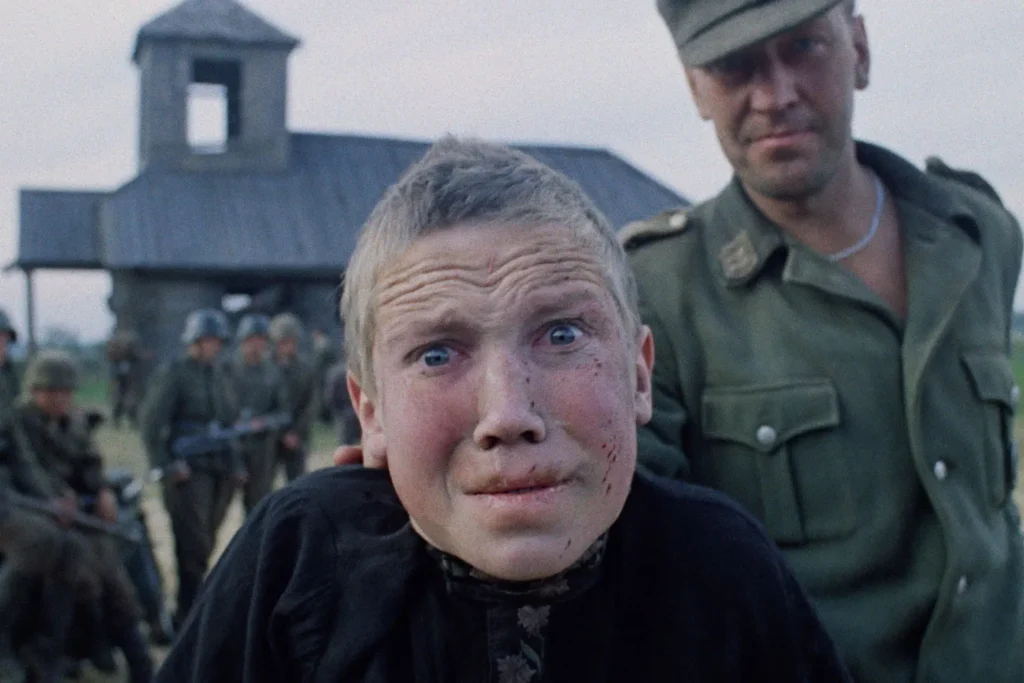
Come and See is the story of a simple Russian peasant boy with visions of adventures fighting occupying Germans along-side the resistance. The inescapable Hell on Earth brutality of World War 2 confronts fourteen-year-old Florya, an extraordinary performance from Aleksey Kravchenko, as youth evolves to a shattered existence.
Klimov’s Come and See is about human beings who stopped being human, just beings.
4.5/5 stars or maybe 5/5 stars.

From the Tribeca Film Festival there were more titles screening on the subjects of music and Climate Change.
Saddled with the description “Too Black, Too Fat,” this label would shadow the acclaimed singer for his entire career.
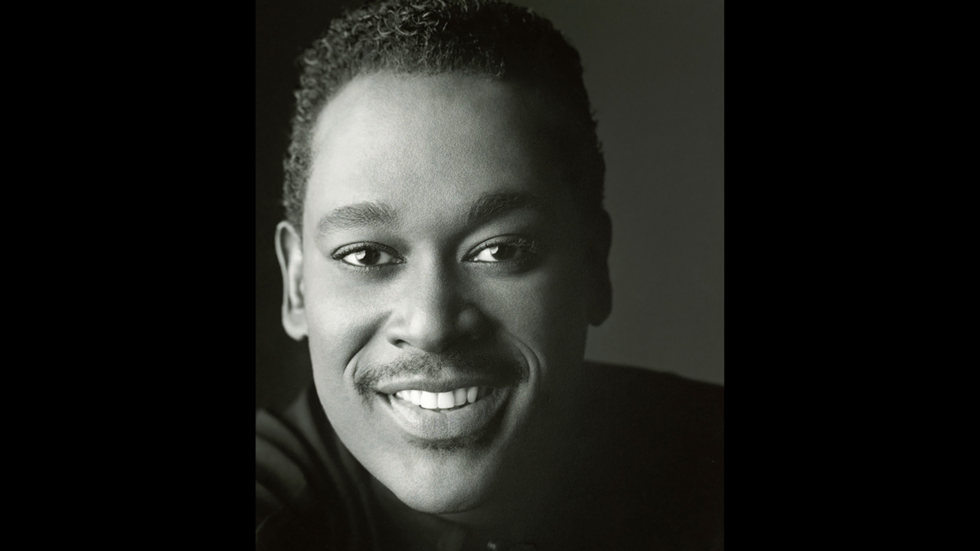
Drew Porter pulls back the sparkling curtain, presenting a story of a singer whose zig zag rise to stardom did not come at a price, more from a silent suffering. Using archival footage with interviews from close friends, the documentary peels away the layers of Vandross move from a New York back-up singer ton the kids show Sesame Street, working with David Bowie and Bette Midler to becoming the top voice of RnB music. Luther: Never Too Much will inspire many to investigate Spotify.
After listening to the opening musical beats, I was hooked on yet another musical themed documentary. Anyone on the Spanish Isle of Ibiza during the summer knows Carl Craig. Form a set at one of the massive Beach Disco locales. The Detroit born techno music maestro is the center of Desire: The Carl Craig Story. As a major figure in the Motor City Music scene the DJ and director Jean-Cosme Delaloye embark on a personal trip beginning in industrial ruins to the global party going capitals.
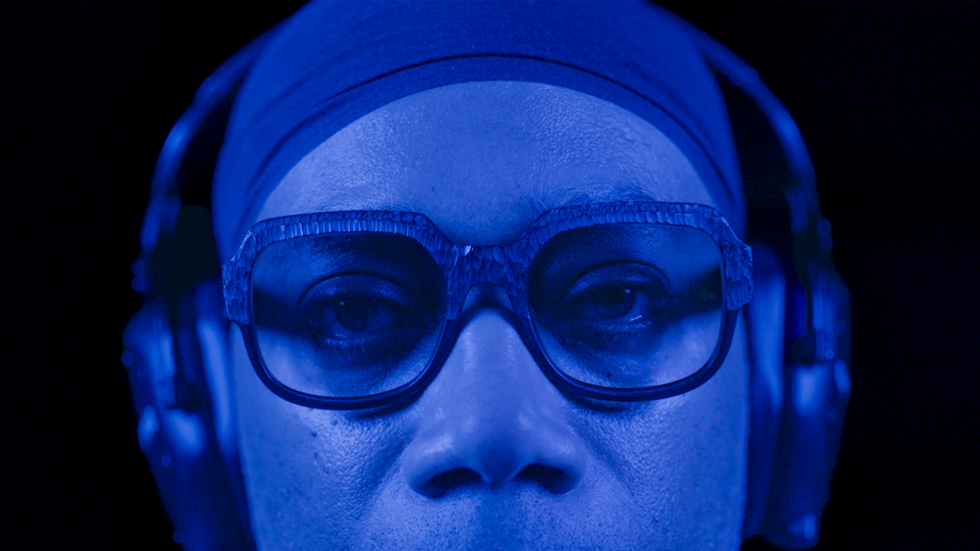
Slave Play. Not A Movie. A Play is one of those works with the subtlety of a 10lb brick in the face. Jeremy O. Harris goes behind the curtain to show the word his process for creating his controversial sexually charged Tony Nominated drama Slave Play. Many writers are great manipulators, able to play with emotions with a naughty wordsmith veneer. Many will have a problem dramatising a 280-year-old tragedy being reduced to carnal fetish. On the other hand, some will praise Harris’s vision. The world would be a boring place if everyone had the opinion.

The continued drought in Kenya is causing havoc on communities. Last year I screened a film on the violence caused by lack of water for farmers. This year another entry came on my screen, Searching for Amani. Once again, it is a story involving conflict over scare resources. Nicole Gormley and Debra Arko’s camera accompany a minor’s journey to understanding the reason for his father’s murder while trying to understand the fast-changing world around him.
There is a part of Nairobi Kenya where the raw Earth is no longer visible. The area is covered with fabric strips from discarded clothing dumped by global clothing brands in the capital neighbourhood. This shocking scene encapsulates fashions footprint on the environment. Japanese fashion designer Yuima Nakazato traveled to the African nation to see the piles of excess clothing waste. Kossai Sekine’s makes an environmental statement on how Climate Change consequences have been compartmentalized by consumers and the fashion business in his film Dust to Dust.
Tribeca Film Festival ran from June 6th to 16th.
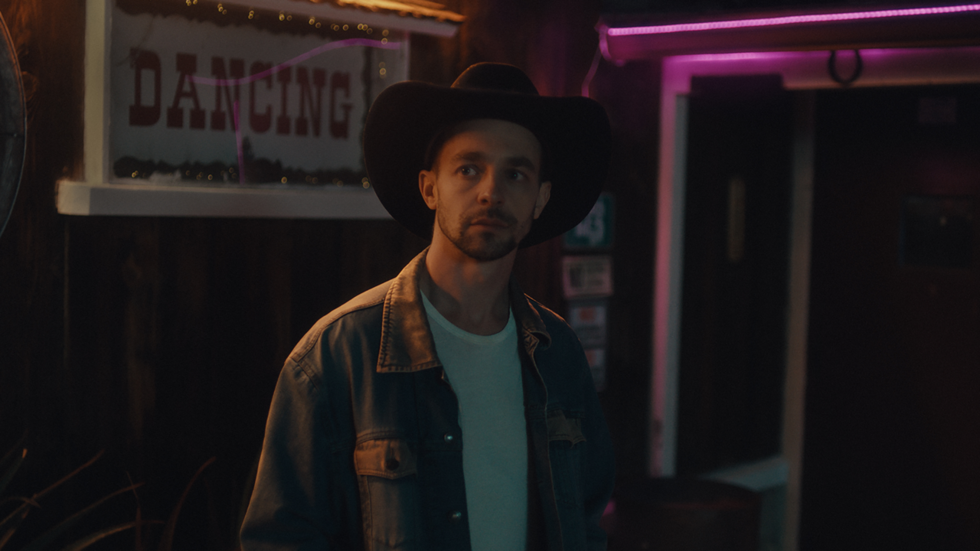
The Hollywood Strikes hit the entertainment industry in 2023. Work stoppages caused disruptions along the chain from Hollywood to independent cinema. The film festival circuit did escape the five-month long actors and writer’s dispute. As I cover the Tribeca Film Festival there is a marked difference in the level of entrants. A number of foreign filmmakers along with titles from female directors made the cut this year. The New York City film event unveiled 114 narrative and documentary titles.
Hot masculine top, athletic body, how hard would it be for a guy with this description on his profile to hook-up on Grindr? Nicolas Finegan’s Some Kind of Paradise short film handles the challenges of a Gay Life based on isolation, fast food sex and the ins and outs of emotional intimacy. John Brodsky makes a subtle impression of a sexually in demand man boxed in, suddenly tapping into awakening feelings.
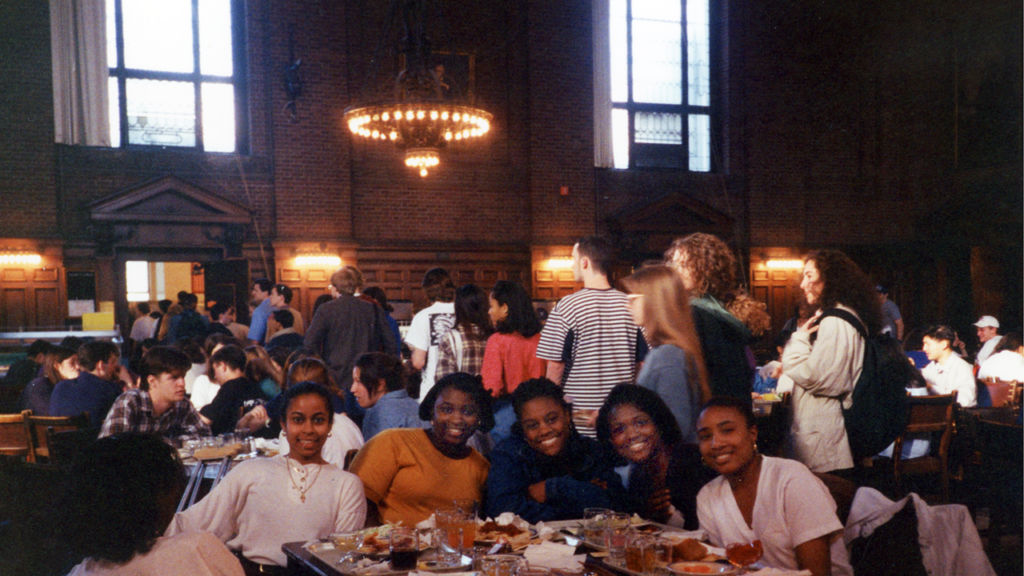
Since the fall of Jim Crow, African Americans have made inroads to higher education, however not without challenges. Recent headlines of the US Supreme Court tossing College Admission Affirmative Action Programs are the latest struggles. For People of Color, navigating certain spaces can be tricky, a balancing act of fitting in, yet trying to retain identity. Black Table, is the story not just about race but of social economic class attending Yale University in the 1990’s. The film is a soft chronicle of unconscious prejudices faced at an Ivy League Institution with the always hanging question, “Do You Belong Here?” Co-Directors John Antonio James and Bill Mack offer an honourable perspective about New Haven.
Recently, I noticed more filmmakers focusing on the plight of women in the Middle East. Once upon Beirut was called The Paris of the Middle East. A once prosperous city with a freewheeling spirit population made up of diverse groups. Now, the Mediterranean capital struggles with corruption, simmering conflict and citizens looking for an escape hatch. All if these elements come together in Mira Shaib’s first film Arze describes itself as a comedy drama of titular character Aze trying to stay afloat with a teenage son and an emotional challenged sister while dreaming of a way to earn more money by buying a scooter. The irony of making life easier turns into a nightmare when the moped is stolen. What follows is a tale of urban frustration rooted in survival.
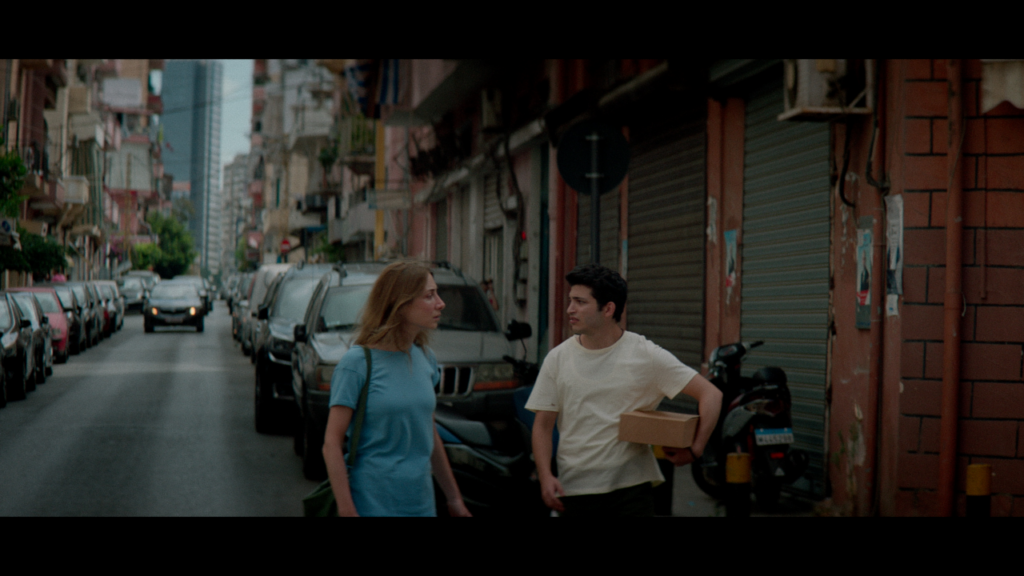
How do you make a touching film short about hair lice? Hindu director Vindhya Gupta’s eloquently shot Lice shows the answer. The story of a blossoming friendship coming to life under ticklish circumstances.

All films were reviewed online. The Tribeca Film Festival runs until June 16th.

The expectation was for a Summer 2024 Blockbuster, the reality was a fizzle. There have been so much written about the failure to generate a barely noticeable Memorial Weekend debut of Furiosa, the latest Mad Max installment. After only collecting $31 million at the box office over the four-day weekend. One commentator after another has an opinion or analyses are still trending on the Internet. Why didn’t this critically lauded fifth work in the series connect?
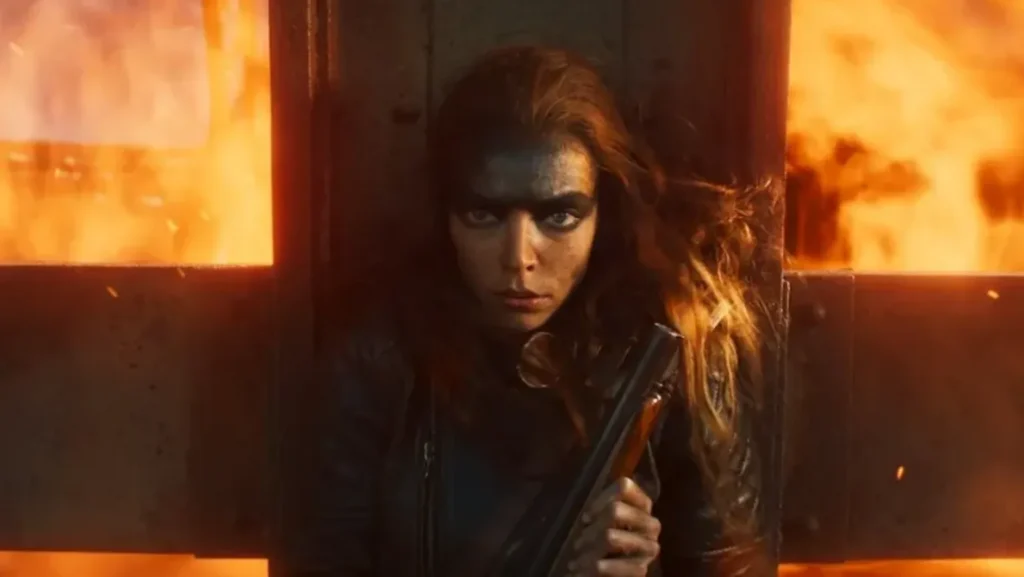
After the positive debut reception at the Cannes Film Festival, George Miller’s $165 million dystopian epic looked like a sure winner with a 90% Rotten Tomatoes score. No one knows what the public will like. Nine years after the release of Mad Max:Fury Road, director and writer Miller took the prequel route with a backstory to Charlie Theron’s Imperator Furiosa character. This is a no spoiler commentary. I have not watched the movie, but planning to get my ticket soon.
The world is a different place from 2015. Covid, wars on two fronts, perhaps there is audience fatigue on dark subject matter. Who can blame the public? At times, strolling through a news feed requires a Paxil.
Ticket goers, straining under inflation, are more cautious about shelling out twenty or thirty dollars for a movie based on a cinema cult property.
The window for theatrical release before on a streaming service has shortened. Viewers are deciding to wait to watch releases at home. IF and the Ryan Gosling comedy The Fall Guy had less than spectacular openings.
Top billed Ann Taylor-Joy is not the box office draw the industry many in the industry expected. The Miami native’s career could take a hit. Studios may no longer gamble on The Queen Gambit’s drawing eyeballs to movie houses. Meanwhile, co-star Chris Hemsworth will be fine wearing tights in another MCU flick.
As a fan of the Mel Gibson Mad Max Trilogy, I would have liked to a story based on the lone survivor theme. However, given the veteran action star’s age and in particular his well publicised anger management problems, the creative team sought a fresh story more in line with present day sensibilities.
The present media frenzy points to writing off the franchise. I give it a few years, then there will be a reboot with a new director and lead actor. The Mad Max Saga has only stalled, waiting for a refuel.
Check out our Chat Cinema Podcast for all the stories and interviews.